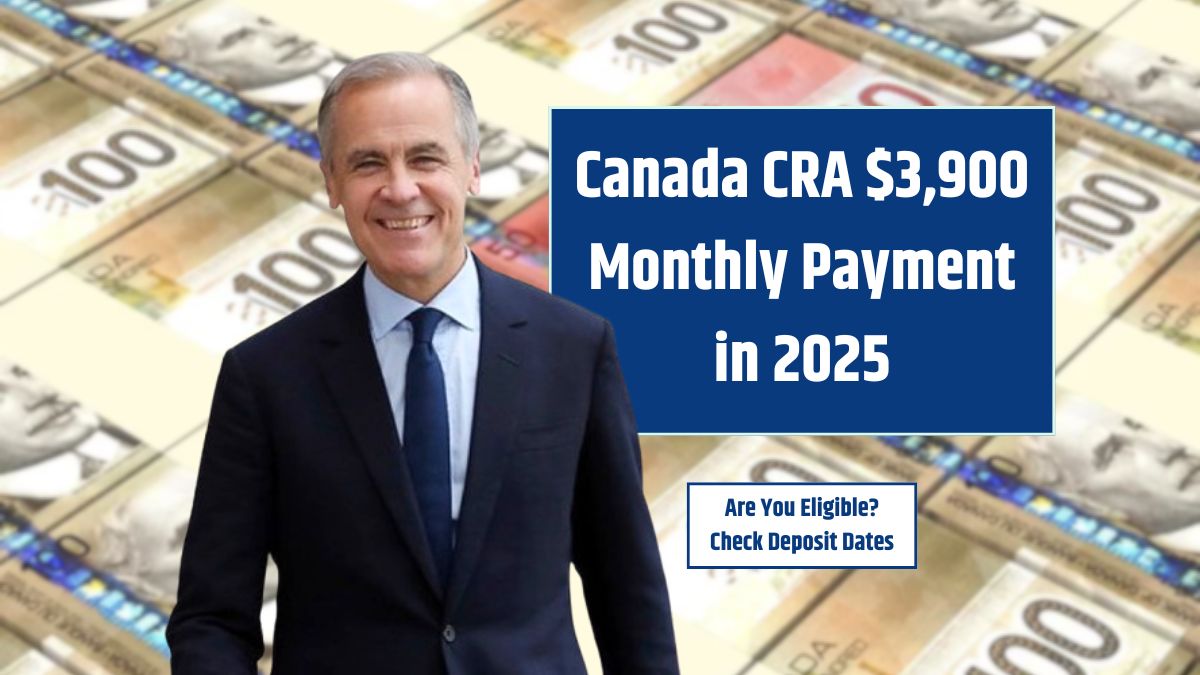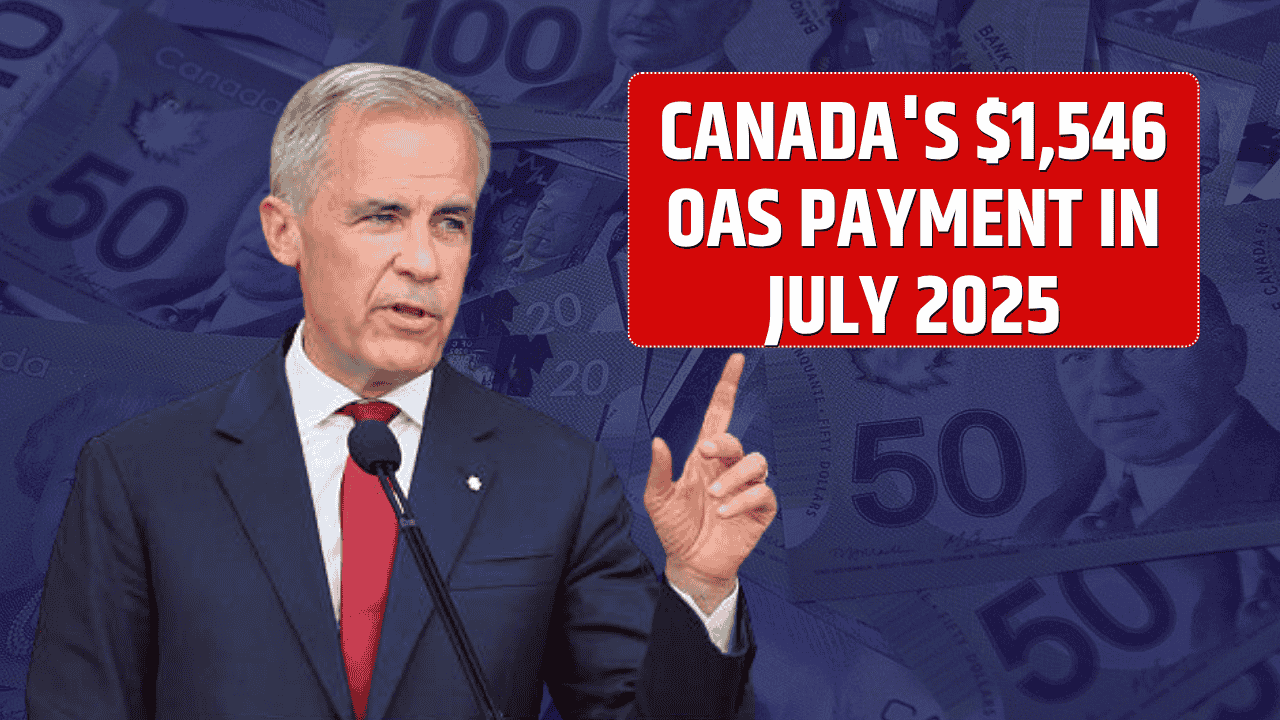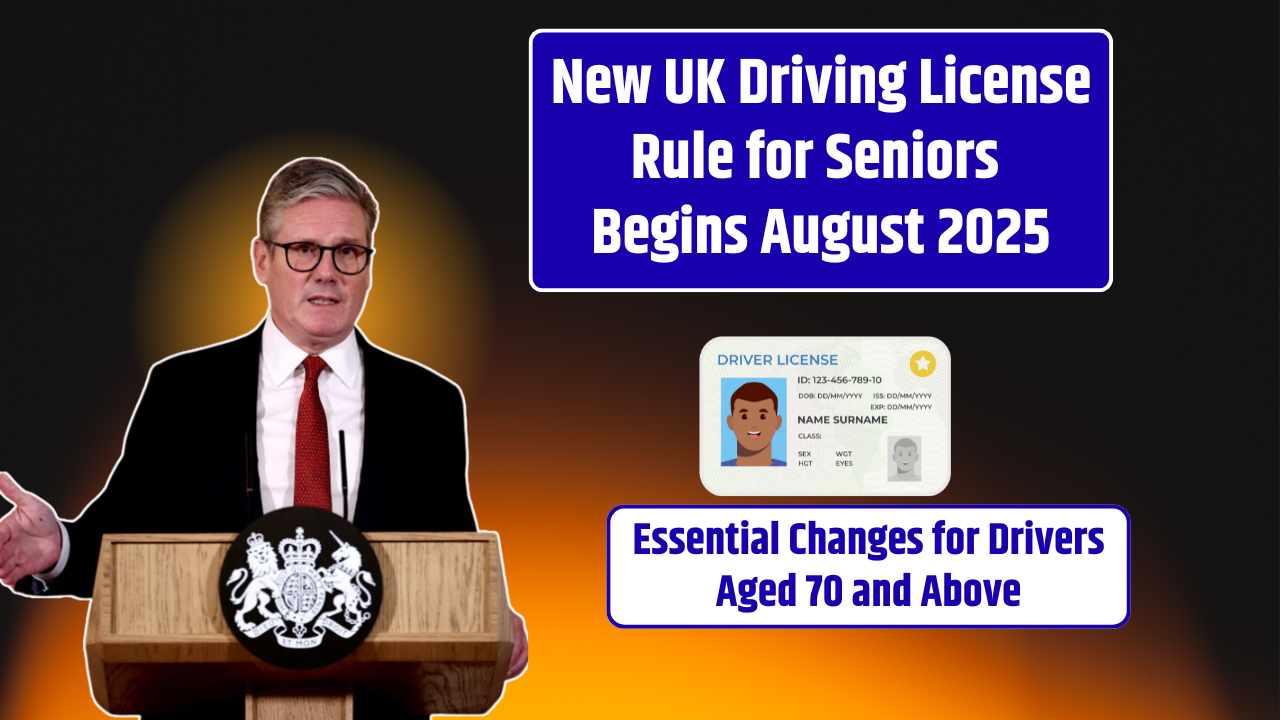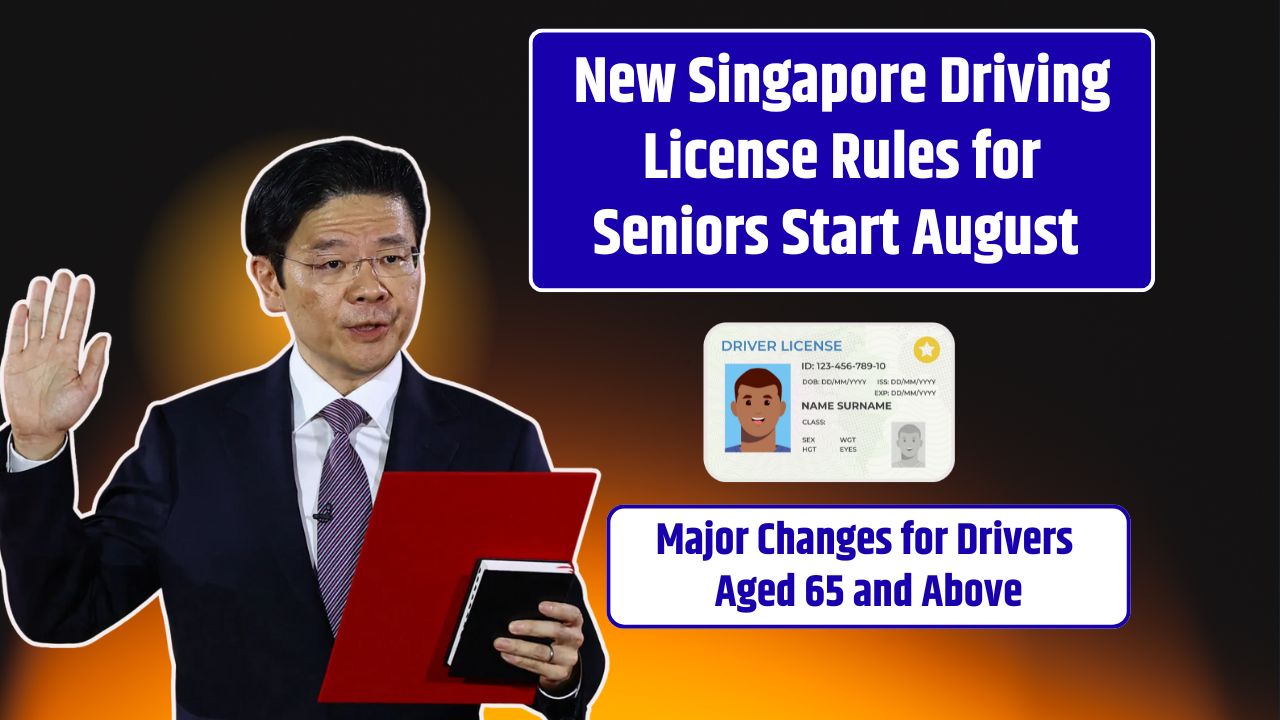Getting involved in federal human services research is a powerful way to contribute to evidence-based policies that improve the well-being of individuals and families. Whether your interests lie in poverty alleviation, early childhood education, workforce development, or healthcare access, this field allows you to analyze programs, influence policy, and create real social impact through research.
Here’s how students, early-career professionals, and researchers can get involved in this impactful sector.
Table of Contents
What Is Federal Human Services Research?
Federal human services research focuses on evaluating and improving programs related to health, housing, employment, food security, family services, and more. These efforts are typically led or funded by U.S. agencies like:
- Administration for Children and Families (ACF)
- Office of Planning, Research, and Evaluation (OPRE)
- Department of Health and Human Services (HHS)
- Centers for Medicare & Medicaid Services (CMS)
- U.S. Department of Labor (DOL)
Researchers assess program performance, measure outcomes, and advise on effective policy solutions across populations and communities.
Step-by-Step: How to Get Involved
1. Build a Relevant Academic Foundation
Most roles in federal human services research require at least a bachelor’s degree, and more often a master’s in public policy (MPP), public health (MPH), social work (MSW), or economics.
Helpful majors/minors include:
- Sociology
- Economics
- Public Administration
- Data Science
- Social Work
- Public Health
2. Learn Quantitative and Qualitative Research Skills
Agencies and contractors need analysts who can evaluate programs with real-world impact. Learn tools like:
| Skill Area | Tools to Learn |
|---|---|
| Data Analysis | R, STATA, SPSS, Excel, Python |
| Survey Design | Qualtrics, SurveyMonkey |
| Qualitative Analysis | NVivo, ATLAS.ti |
| Data Visualization | Tableau, Power BI, Datawrapper |
Most evaluation projects require a mix of statistical analysis, fieldwork, and reporting.
3. Apply for Fellowships and Internships
Top programs to get started:
| Program | Host | Who It’s For |
|---|---|---|
| Pathways Internship Program | Federal agencies | Undergrad and grad students |
| ORISE Fellowships | U.S. Dept. of Health & Human Services | STEM and policy grads |
| OPRE Research Scholars Program | ACF/OPRE | Ph.D. candidates or postdocs |
| Presidential Management Fellows (PMF) | Multiple agencies | Graduate students in public policy or related fields |
| AAPOR Summer Internship | Survey firms and think tanks | Students in survey research, statistics, or evaluation |
These experiences offer a direct path into human services policy work.
4. Engage with Human Services Research Firms
Many federal agencies contract their research and evaluation work to respected firms. These organizations often hire early-career researchers and interns.
Key players:
- Mathematica
- Abt Associates
- Urban Institute
- NORC at the University of Chicago
- Child Trends
- Westat
Check their career pages for job postings, research assistant roles, and internship programs.
5. Attend Federal Research Conferences and Webinars
Federal research agencies often host events to share new findings and methods.
Recommended events:
- OPRE’s Research and Evaluation Conference on Self-Sufficiency (RECS)
- ACF Grantee meetings (child care, TANF, Head Start)
- National Head Start Association Conferences
- American Evaluation Association (AEA) Annual Meeting
These gatherings are ideal for networking, learning about current priorities, and exploring research opportunities.
6. Stay Informed and Get Involved
Follow human services research through:
- Newsletters: OPRE, ACF, Mathematica, Urban Institute
- Listservs: EvalTalk (AEA), FEDEval, HSRProj (NIH database)
- Professional Groups: American Evaluation Association (AEA), Association for Public Policy Analysis & Management (APPAM)
Consider volunteering or submitting a student paper to conferences and journals focused on social policy or evaluation.
Common Career Paths in Human Services Research
| Role | Description | Typical Employer |
|---|---|---|
| Research Assistant | Supports data collection and analysis | Research firms, universities |
| Policy Analyst | Assesses program effectiveness and advises on policy | Federal/state agencies |
| Evaluator | Designs and conducts program evaluations | NGOs, contractors |
| Data Analyst | Manages and analyzes datasets for policy insight | Government or research firms |
| M&E Officer | Oversees monitoring and evaluation strategies | Global or domestic nonprofits |
Getting involved in federal human services research means committing to the power of data in driving equitable, effective public programs. Whether through fellowships, research internships, or early-career jobs at evaluation firms, there are many pathways to start contributing. With the right training, curiosity, and mission-driven mindset, you can be part of the effort to build better services and stronger communities.
FAQs
Do I need a master’s degree to work in federal human services research?
Not always. Entry-level roles like research assistant or data analyst may require only a bachelor’s, though many advanced roles prefer or require graduate degrees.
What’s the difference between working for a federal agency vs. a research contractor?
Agency roles are more policy-focused, while contractors do hands-on research and analysis for federal projects. Both contribute to the same mission.
How competitive are these positions?
Fellowships and internships are competitive but accessible with strong academic records, relevant coursework, and some research experience.

























